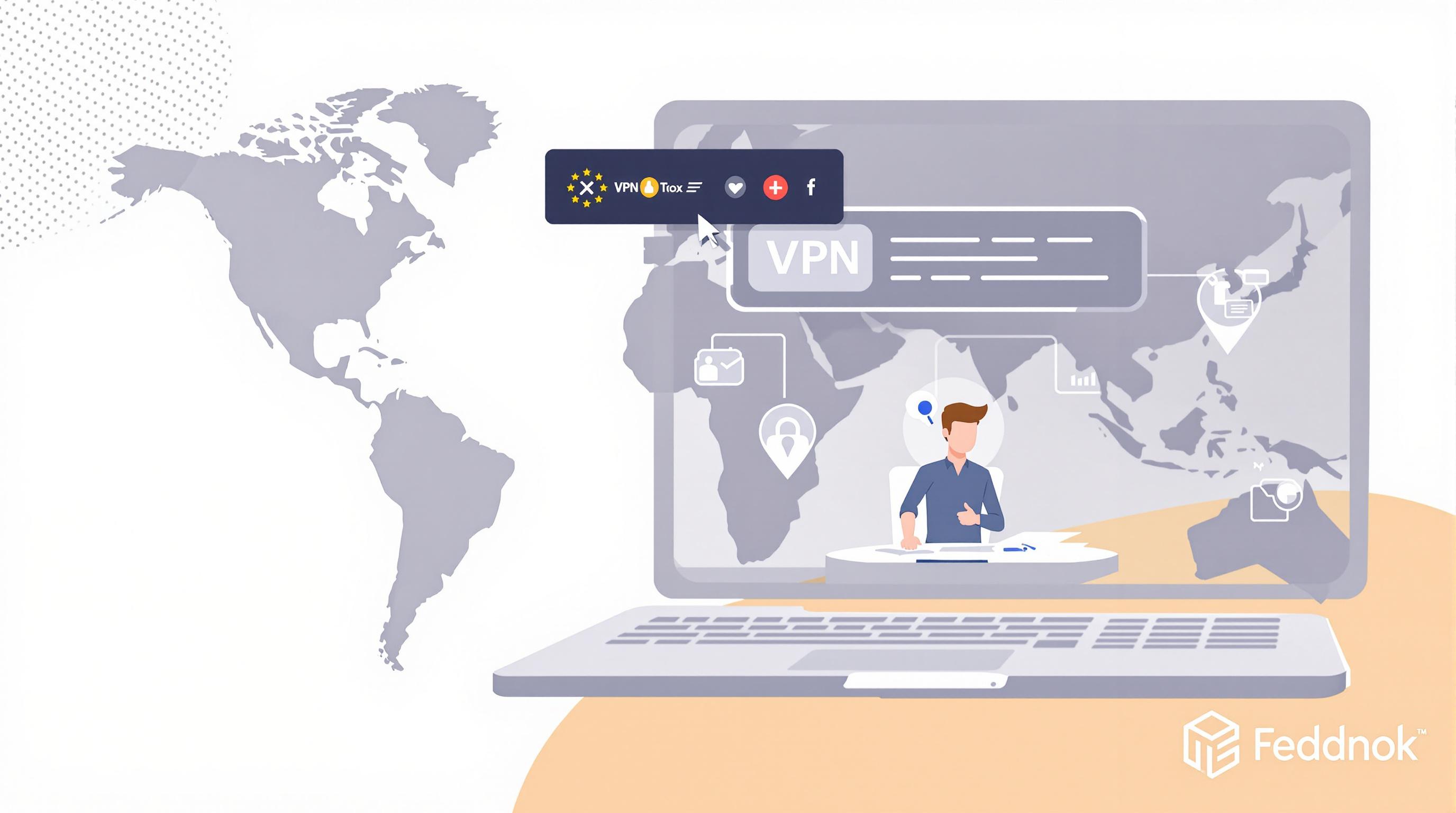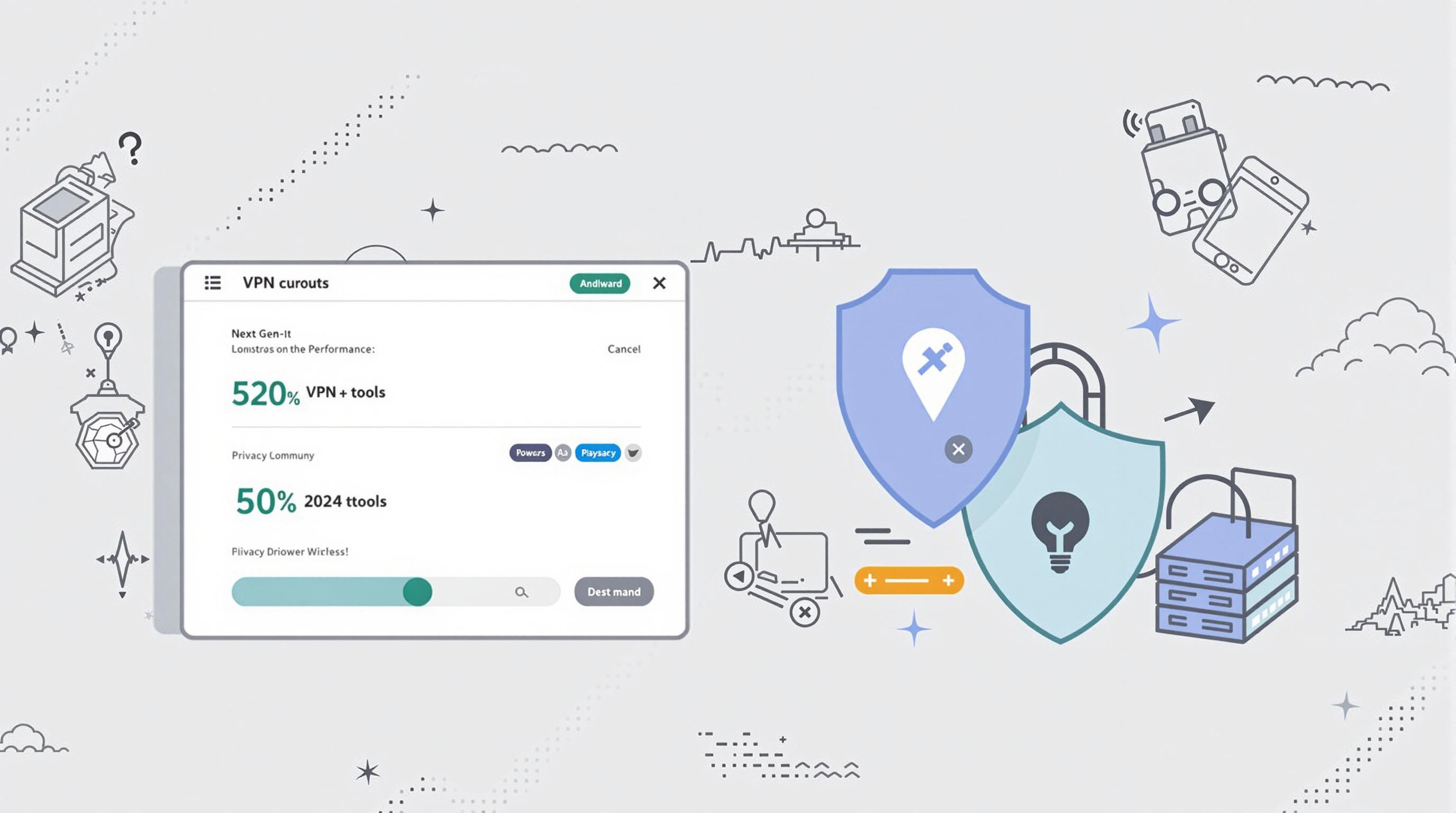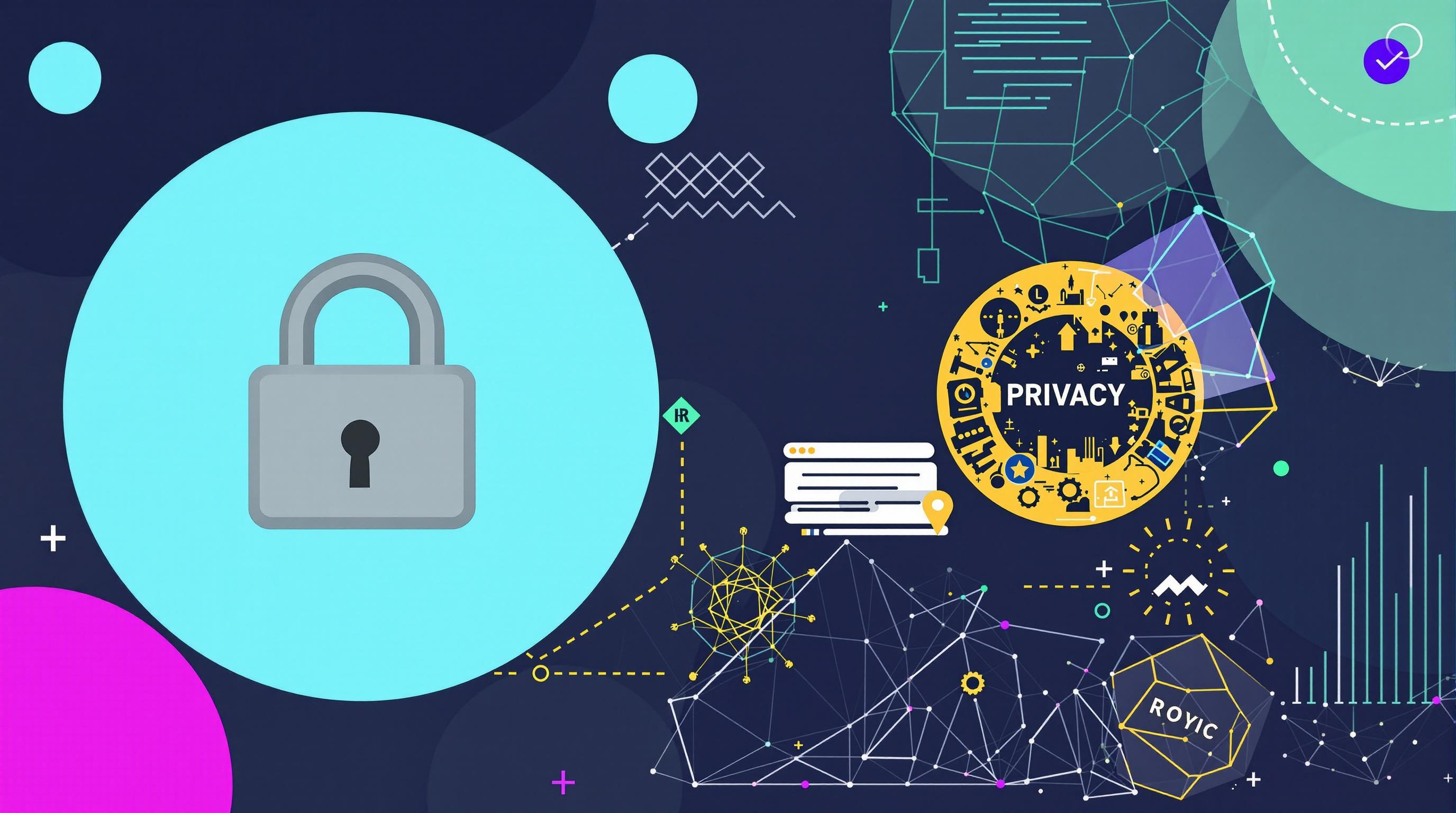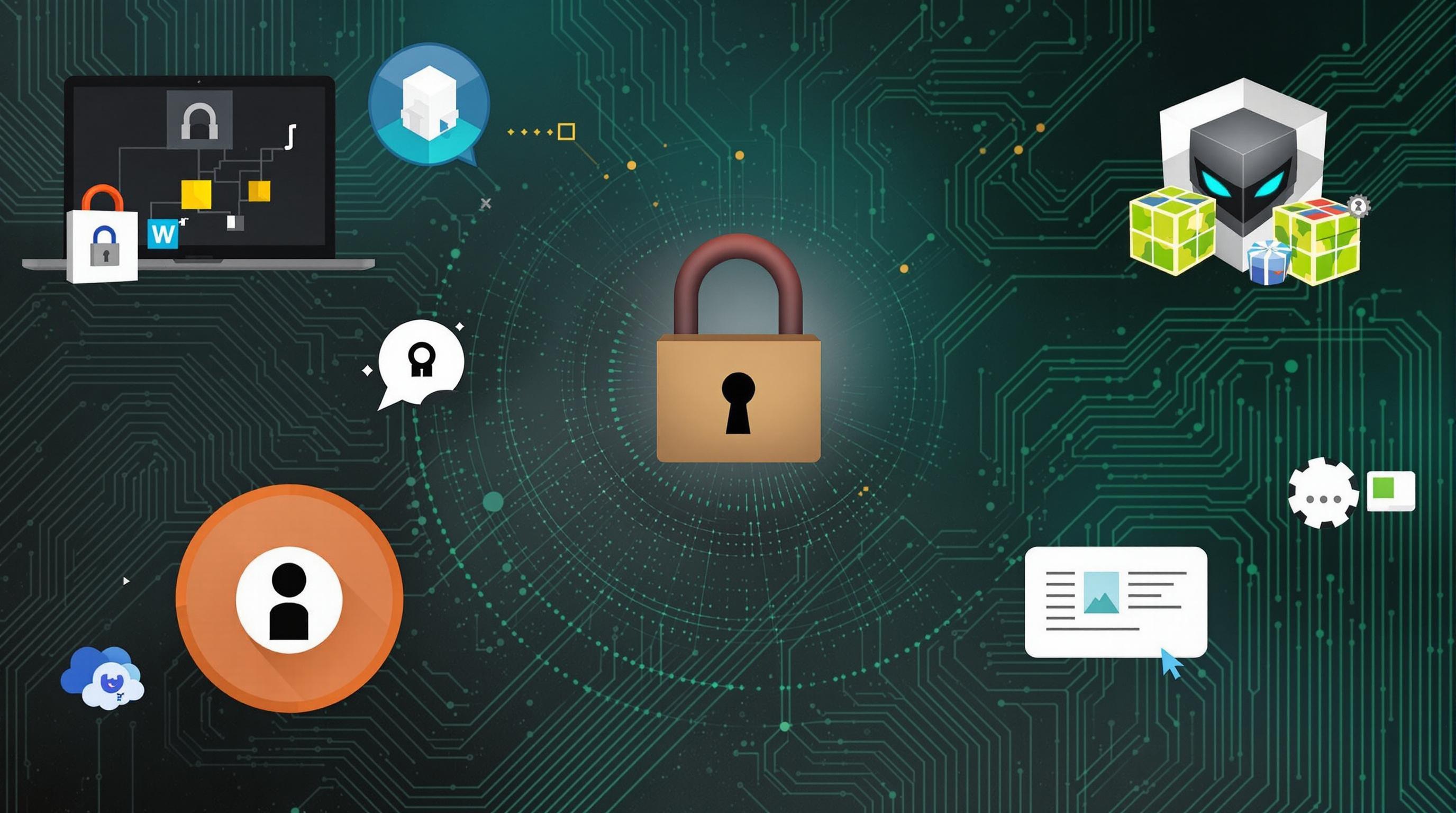Related Articles
- 8 Innovative Password Safes Released Since 2019 Changing How We Protect Our Digital Lives
- Top 6 Revolutionary Password Vaults Debuting Since 2019 That Are Disrupting Cybersecurity Norms
- 7 Innovative Browsers Released Since 2019 That Redefine Online Confidentiality and User Control
- Exploring Psychological Barriers to Adopting Enhanced Mail Safeguards Among Diverse User Groups
- Top 6 Privacy-Focused Browsers Launched Since 2019 That Outsmart Data Trackers Effortlessly
- How Antivirus Software Influences Environmental Footprints: Assessing Energy Use and Electronic Waste Trends
7 Game-Changing VPNs from the Last Five Years That Are Revolutionizing Remote Work Security in 2024
7 Game-Changing VPNs from the Last Five Years That Are Revolutionizing Remote Work Security in 2024
In 2024, remote work security has been profoundly reshaped by seven innovative VPNs launched in the last five years. These platforms not only protect sensitive data but also redefine how remote teams collaborate safely across the globe.
Why VPNs Became Indispensable for Remote Workers
Picture this: a junior analyst working from a bustling coffee shop in Copenhagen, sipping on a latte, while accessing her firm’s confidential databases. Without a trustworthy VPN, her data could be intercepted by cybercriminals lurking on that very Wi-Fi network. Fast forward to 2024, and the advent of new-generation VPNs has mitigated these risks dramatically.
According to a 2023 report by Cybersecurity Ventures, cybercrime damages are projected to reach $10.5 trillion annually by 2025 — a staggering incentive driving companies to prioritize secure remote connections.
The rise of remote work, boosted by a 115% increase in telecommuting since 2019 (Gallup, 2022), brings with it the urgency for robust virtual private networks.
1. NordLayer: Enterprise-Grade Security with User-Friendly Flair
Born from the well-known NordVPN, NordLayer was unveiled in 2019 to address the complexities of business cybersecurity. It offers seamless multi-cloud support, SSO integrations, and advanced permission control.
Case Study: A mid-sized SaaS company in Berlin adopted NordLayer and reduced their infrastructure-related breaches by 87% within six months. Their message? Security need not be cumbersome.
Seamless Integration and Flexibility
NordLayer’s compatibility with popular business tools like Microsoft 365 and Google Workspace makes onboarding a breeze. With its adaptive access control, it ensures employees get only the permissions necessary, following the principle of least privilege.
2. Surfshark: The Affordable Powerhouse
Heads up, budget-conscious remote workers! Surfshark has been making waves since 2018 for offering unlimited device connections under a single subscription—a rarity in the VPN market.
Its CleanWeb feature blocks ads and malware, making browsing safer—a nice touch for those working from home while managing household chaos. Plus, Surfshark’s WireGuard protocol boosts speed without compromising encryption.
A User’s Tale
Jasmine, a freelance graphic designer aged 28, shared: “Surfshark lets me safely manage client files on my laptop and phone simultaneously, all without breaking the bank, which makes work and life simpler.”
Pushing the Boundaries: Perimeter 81’s Zero Trust Networking
Launched in 2018, Perimeter 81 champions the zero trust model, a security approach assuming no user or device is inherently trustworthy—even those inside the network.
It combines SD-WAN and VPN functionalities to simplify complex network security. Customized dashboards provide rich analytics and granular controls for IT admins.
Statistic: Businesses implementing zero trust architectures report a 50% decrease in security breaches (Gartner, 2023).
4. ExpressVPN: Tradition Meets Turbo
Though ExpressVPN established itself earlier, its 2020 overhaul introduced cutting-edge AES-256-GCM encryption and TrustedServer technology to enhance speed and security.
Remote employees in sectors like legal and finance swear by its near-flawless uptime and cross-platform support.
Technical Spotlight
TrustedServer ensures every server runs on volatile memory, wiping all data with each reboot—mitigating risks related to data retention or physical theft.
5. Zscaler Private Access (ZPA): The Cloud-First VPN Alternative
Zscaler flips traditional VPNs on their heads by embracing a cloud-native architecture that grants users direct access only to specific applications rather than the entire network.
This approach minimizes attack surfaces and is favored by large corporations juggling complex cloud environments.
In 2022, the multinational retailer Target was reported to integrate ZPA into its security stack, enhancing remote team efficiency during peak holiday seasons while reducing unauthorized lateral movements across its network.
Innovating for the Future: Twingate’s Rapid Adoption of SASE Principles
Twingate, a more recent entrant (2020), represents Secure Access Service Edge (SASE) convergence by uniting VPN performance with cloud-delivered security.
Its distributed architecture decreases latency—a massive plus for remote workers spread across continents. In 2023, a fintech startup reduced onboarding time for remote hires from days to hours by adopting Twingate.
6. Proton VPN: Privacy First, Always
Emerging from the Swiss Proton AG ecosystem in 2017, Proton VPN pledges unrivaled privacy protections. It is built on a no-logs policy backed by strong Swiss privacy laws, appealing to activists, journalists, and privacy-conscious remote users.
Statistically, Proton VPN’s Secure Core technology routes traffic through privacy-friendly countries, mitigating risks from surveillance or data extraction attempts.
From Switzerland with Security
The COVID-19 pandemic spotlighted Proton VPN when academic researchers from various countries relied on it to secure COVID patient data shared internationally, affirming its trustworthiness.
Humorous Interlude: When VPNs Save Your Virtual Hide
Imagine attempting to send a confidential project update over a café’s cursed Wi-Fi named 'Free_Public_WiFi_GodKnowsWho.' Without a VPN, it’s like whispering your secrets in Times Square. Thankfully, these VPNs act like invisible cloaks, turning you into a digital ninja.
In Conclusion: Choosing the Right Shield
Each VPN discussed here offers unique strengths tailored for varying remote work needs—from budget-friendly options to enterprise-grade fortresses. Their innovations collectively elevate how organizations protect data in an ever-evolving digital battleground.
Whether you’re a 16-year-old intern or a 70-year-old consultant, embracing one of these solutions means embracing safer, more efficient remote collaboration in 2024 and beyond.




